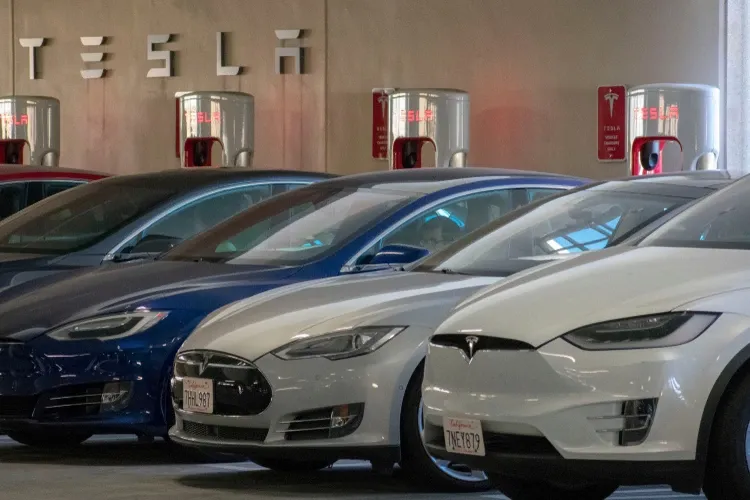The true cost of powering electric vehicles is significantly higher than the cost of fueling cars which take gasoline, according to an analysis from the Texas Public Policy Foundation.
Electric vehicles, which are powered by electricity stored in a large battery, are frequently marketed as saving owners significant amounts of money from avoided fuel expenses. Even as electric vehicle owners pay $1.21 in residential electricity costs and $1.38 in additional metering costs for every equivalent gallon of gasoline, the full cost of charging electric vehicles amounts to $17.33 for every equivalent gallon of gasoline when considering costs functionally levied on taxpayers, utility ratepayers, and buyers of gasoline vehicles.
Federal and state agencies offer a number of tax credits and utility subsidies for charging infrastructure; electric vehicle owners meanwhile avoid state and federal fuel taxes used to fund road construction and maintenance. The largest contribution to the hidden cost of electric vehicles comes from corporate average fuel economy standards, which have “been made increasingly stringent” in recent years to drive electric vehicle adoption, thereby increasing costs for the drivers of internal combustion engine vehicles.
“When we pay for a gallon of gasoline, we are paying for the entire infrastructure to refine, transport, and market that gasoline,” the analysis noted, adding that electric vehicle owners impose additional generation, transmission, and distribution costs on the electric grid.
The Texas Public Policy Foundation observed that the removal of federal subsidies for buyers and manufacturers would render the typical electric vehicle nearly $49,000 more to own over the course of a decade, even as Americans are hesitant to buy the vehicles.
“It is not an overstatement to say that the federal government is subsidizing EVs to a greater degree than even wind and solar electricity generation and embarking on an unprecedented endeavor to remake the entire American auto industry,” the analysis continued.
The Texas Public Policy Foundation also contended that increased subsidies for hybrid vehicles rather than fully electric vehicles would be more productive: Toyota, for instance, estimates that ninety hybrid batteries can be manufactured with the same raw materials as one electric vehicle battery, even as the former class of vehicles sees thirty-seven times more emissions reductions.



